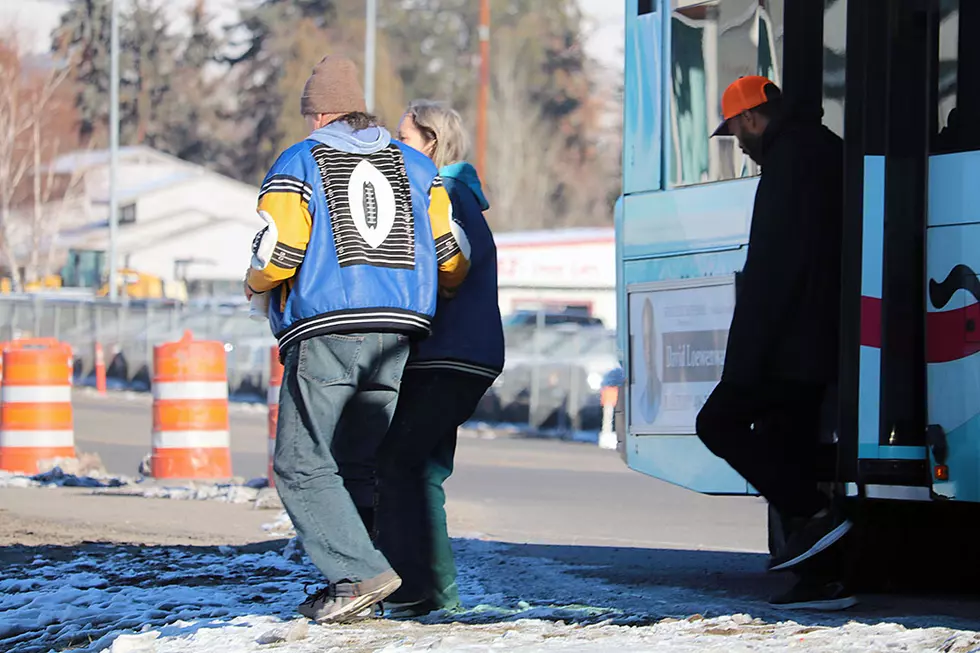
Jordan Hess: Robust public transportation benefits us all
As we continue to navigate the impacts of the pandemic, watch fuel prices and interest rates climb, and feel the impacts of the climate crisis, it’s easy to feel overwhelmed about the future. Our community, and cities and towns across the West, face very real challenges, particularly related to housing, climate and equity.
As we stare down these interrelated crises, I continue to be heartened by how our community responds. I am grateful for the government agencies, community organizations, businesses and residents who continually come together to make our community healthier and more livable. This collaboration gives me real optimism for the future of Missoula – even when so much remains unknown.
I want to take a moment to celebrate one particular accomplishment. In November 2020, voters overwhelmingly approved a significant expansion of Mountain Line’s public transportation services that takes effect today.
Starting July 10, Mountain Line is expanding to seven-day-a-week service by adding Sunday service for the first time ever. Mountain Line buses will also operate later into the evening, increasing transit service by 30%.
Highlights of the service expansion include:
· Sunday service from 9 AM to 9 PM
· Saturday service from 9 AM to 10:45 PM
· Expanded weekday hours, from 6 AM to 10:45 PM
· All-day service on Routes 4 & 11
This expanded service will also benefit senior riders and those living with disabilities who utilize Mountain Line’s Paratransit and Shuttle Van services. Full details about Mountain Line’s service expansions are online at mountainline.com.
This service expansion is a direct response to public input gathered during Mountain Line’s strategic planning process that began in 2017 and culminated in 2020, when voters approved the agency’s service-expansion initiative by an historic 20% margin. While the timeline for expansions was impacted by the national labor shortage, Mountain Line has successfully grown from 58 employees in April of 2021, to 100 employees in April of this year. These are good union jobs in our community.
Mountain Line’s ridership has also grown immensely in the last seven years, increasing almost 70% since the debut of the agency’s Zero-Fare program in 2015. Ridership dipped during the height of the pandemic, but Mountain Line has provided an average of 1.5 million rides annually since 2017.
This is a resounding success for our community; more people riding the bus equates to less traffic congestion, less need for expensive parking facilities, and a healthier community as more people choose active and sustainable transportation. Fewer single-occupancy vehicles on the road results in less carbon emitted to our atmosphere and less localized air pollution in our Missoula Valley, which is especially important during days of poor air quality due to wildfire smoke and winter inversions.
Expanded transit service also helps make Missoula a more equitable, livable and accessible community for everyone. Transportation is the second largest household expense, just behind housing. A zero-fare, reliable public transit system means employees can get to work and residents can access health care, housing, and education. It benefits our local business. And it makes our community more welcoming and accessible for teens, seniors, and those who cannot or choose not to drive.
One of the best personal choices we can make as Missoulians to benefit our community is simple: try taking the bus. I challenge my fellow Missoulians to try the bus—even just one day a week. It’s easy to use and now more frequent and convenient than ever. Unlike a road or a highway where each additional car adds congestion, transit improves as more people opt to ride and create demand for new service. A robust Mountain Line benefits us all.
